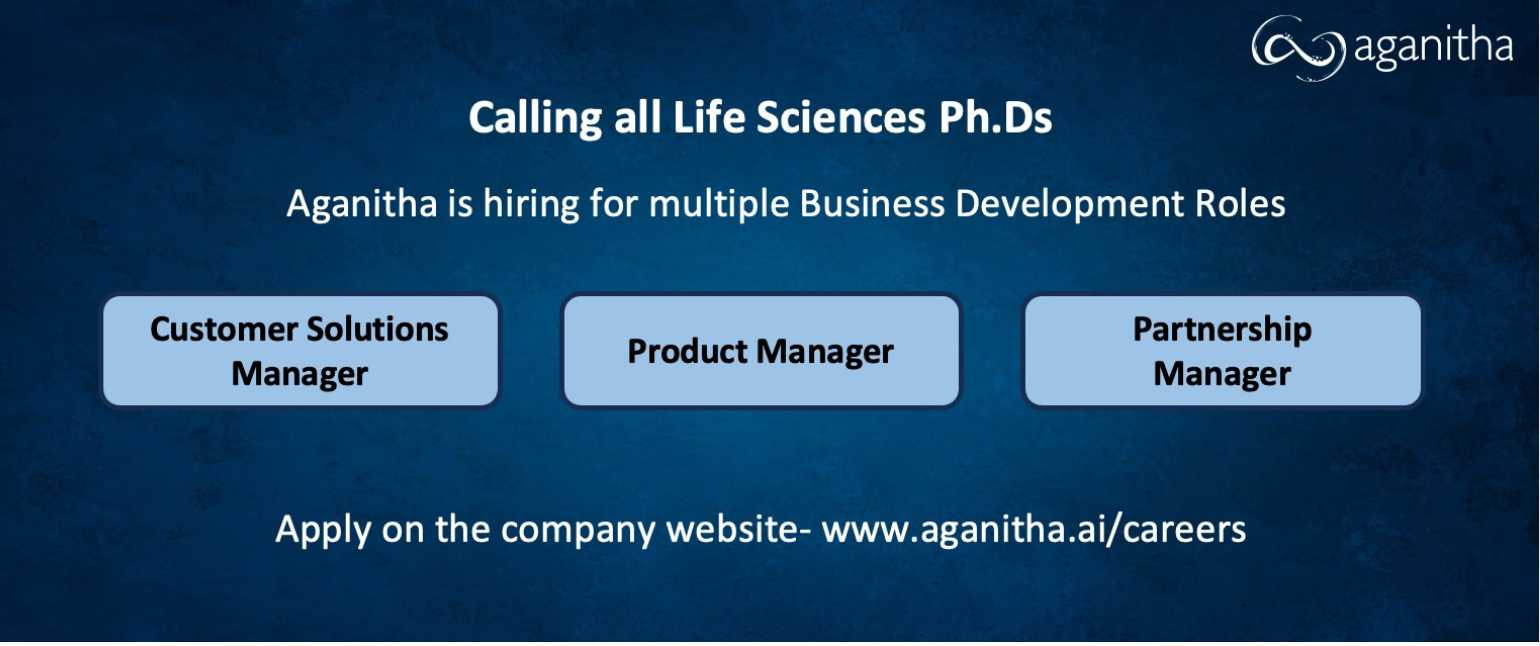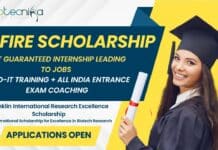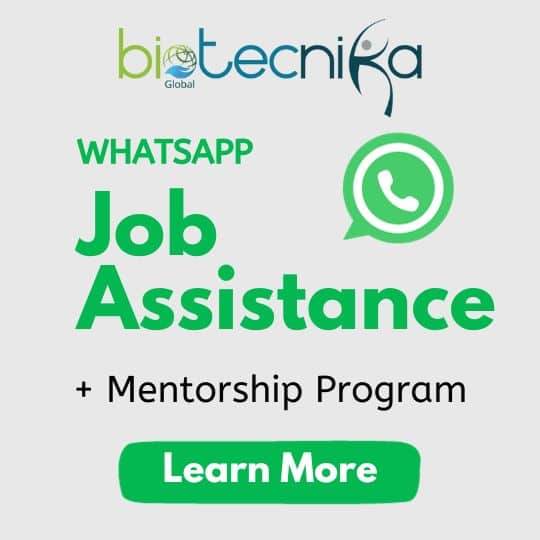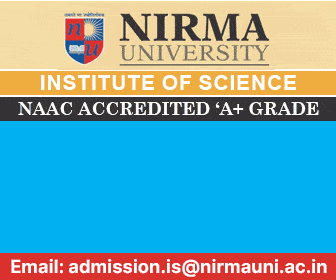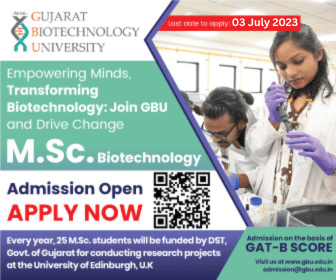Janaki Ammal Scholarships
The official notification for the Janaki Ammal Scholarships for Indian Students has been released. All of the candidates that are interested in pursuing higher studies opportunities abroad can check out the details on the scholarship below:
Table of Contents
Overview
The John Innes Centre offers Janaki Ammal Scholarships to overseas postgraduate research students, who are nationals of eligible developing countries, to help enable them to study for a PhD degree at our institute.
The award covers the difference between the Overseas and UK/EU lab-based postgraduate research tuition fees (e.g. a difference of £14,090 for the 2018/19 academic year).
Each award is tenable for a full-time three or four-year PhD degree programme of study at the John Innes Centre, subject to the satisfactory progress of the student.
The Janaki Ammal Scholarship is aimed at those students in receipt of some external funding. So, students must be able to provide evidence of additional funding to cover living costs (e.g. RCUK level is £14,777 in the 2018/19 academic year) and the residual Home/EU level of tuition fee (e.g. £4,260 for the 2018/19 academic year).
Applications are welcome from students wishing to study
any aspect of plant and microbial sciences the John Innes Centre is currently engaged in.Overseas applicants from countries not covered by the Janaki Ammal Scholarship may be eligible for a John Innes Centre International Scholarship.
About Janaki Ammal
- Janaki Ammal (1897-1984) was one of the first women from India to obtain a PhD in Botany (Michigan USA 1931).
- She worked at the John Innes Horticultural Institution briefly in 1931 and 1935, followed by a longer period between 1940 and 1945.
- This led to the publication of the Chromosome Atlas of Cultivated Plants, which she wrote jointly with the then Director, C. D. Darlington.
- She ultimately returned to India to continue a long and distinguished career in science.
Eligibility
To receive a Janaki Ammal Scholarship while studying at the John Innes Centre, candidates must:
- Have completed and submitted all relevant sections of a formal application online at the University of East Anglia (UEA) with all supporting documents for a full-time PhD research degree programme at the John Innes Centre with a primary supervisor who is a Project Leader at the John Innes Centre. No separate application for the Janaki Ammal Scholarship is required
- Have completed the Research Statement on the application form and ensured two academic references are provided
- Have been shortlisted by the prospective supervisor and interviewed in person or by video conference by that supervisor, another Project Leader and the Postgraduate Research Director from the John Innes Centre
- Be in subsequent receipt of an offer of admission to register at UEA on a PhD research degree programme (other than the Rotation Programme)
- Be assessed as Overseas for UEA lab-based postgraduate research tuition fee purposes
- Be a national of one the developing countries listed
- Not hold any other source of funding that will cover the cost of the Overseas tuition fee
- Have met all conditions for admission to the UEA before admission
Note, we review our scholarships from time to time.
Applicants should check this page to ensure they are aware of current eligibility criteria, procedures, and deadlines etc., at the time of their studentship application.
Eligible countries
Eligible countries for the Janaki Ammal Scholarship are listed below.
- Afghanistan
- Angola
- Armenia
- Bangladesh
- Benin
- Bhutan
- Bolivia
- Burkina Faso
- Burundi
- Cabo Verde
- Cambodia
- Cameroon
- Central African Republic
- Chad
- Comoros
- Congo
- Côte d’Ivoire
- Democratic People’s Republic of Korea
- Democratic Republic of the Congo
- Djibouti
- Egypt
- El Salvador
- Equitorial Guinea
- Eritrea
- Ethiopia
- Gambia
- Georgia
- Ghana
- Guatemala
- Guinea
- Guinea-Bissau
- Guyana
- Haiti
- Honduras
- India
- Indonesia
- Kenya
- Kiribati
- Kosovo
- Kyrgyzstan
- Lao People’s Democratic Republic
- Lesotho
- Liberia
- Madagascar
- Malawi
- Mali
- Mauritania
- Micronesia
- Moldova
- Mongolia
- Morocco
- Mozambique
- Myanmar
- Nepal
- Nicaragua
- Niger
- Nigeria
- Pakistan
- Papua New Guinea
- Paraguay
- Philippines
- Rwanda
- Samoa
- Sao Tome and Principe
- Senegal
- Sierra Leone
- Solomon Islands
- Somalia
- South Sudan
- Sri Lanka
- Sudan
- Swaziland
- Syrian Arab Republic
- Tajikistan
- Tanzania
- Timor-Leste
- Togo
- Tokelau
- Tuvalu
- Uganda
- Ukraine
- Uzbekistan
- Vanuatu
- Vietnam
- West Bank and Gaza Strip
- Yemen
- Zambia
- Zimbabwe
They are drawn from the Development Assistance Committee (DAC) list of Overseas Development Assistance Recipients (Least Developed, Other low Income, and Lower Middle Income Countries and Territories) as overseen by the Organisation for Economic Co-operation and Development (OECD) as of 1 January 2015.
Upper Middle Income Countries are not eligible.
Application help and guidance
Applications for all studentships should be made using the online application form on the University of East Anglia’s website.
This guidance is written to help you submit the best possible application.
Applicants should fulfil the entry requirements for PhD registration at the University of East Anglia (UEA) and should have, or expect to obtain, a good Undergraduate Honours Degree (minimum of Upper Second Class or equivalent).
For information on University fees and funding relating to postgraduate research degrees click here.
Before you apply
Ahead of submitting your application, you should prepare;
- Official Transcripts (in English) of your Higher Education qualifications
- Evidence of your English Proficiency (if English is not your first language) – Details of English Language requirements for candidates can be found at: English Language Requirements
- Two references – We require two references and you will need to request these. At least one of these must be an academic reference. References will not be considered from supervisors of the project you are applying for
- Personal statement – Your personal statement must be no more than 500 words and should outline how your experience relates to undertaking research study with us
- Curriculum Vitae – Your CV should detail professional qualifications, publications and research interests when applying for a research degree (PhD, MPhil and MSc by Research)
- Research proposal/statement – follow instructions below for your type of application;
- Advertised research project – Instead of submitting a Research Proposal, upload a Research Statement including why you are applying for the project, an outline of your relevant current knowledge and skills indicating how these will help you complete the research and your training needs. Please note that all Research Proposals/Statements must have been produced by you
- Rotation PhD – You are not required to develop a research proposal. Describe your reasons for choosing Rotation PhD programme and how it fits with your long term career objectives. You should include three research areas of the participating institutes that you could potentially choose for your three mini-project in the first rotation year
- Self-funded – If you are applying for a research degree that would be funded by yourself (including those that may be part-funded by one of our Scholarships for overseas applicants), you should include a research proposal of no more than 900 words, giving the name(s) of the research faculty member(s) working in your research area
- Visiting students – If you are registered for a degree at another university and wish to undertake some of your studies at the John Innes Centre as a visiting student, provide a summary of what research you will be doing with us. Applying through UEA to be a visiting student at the John Innes Centre provides full access to the University’s facilities and support, plus assistance with some types of visa.
Important Links:
Editor’s Note: Janaki Ammal Scholarships 2019, John Innes Centre 2019, John Innes Centre Janaki Ammal Scholarships 2019, Plant and Microbial Sciences scholarships, Plant Sciences Scholarships 2019, check out the Biotecnika Times Newsletter, Podcast that we have for free and check out the social media platforms for all of the latest in the life sciences industry.

